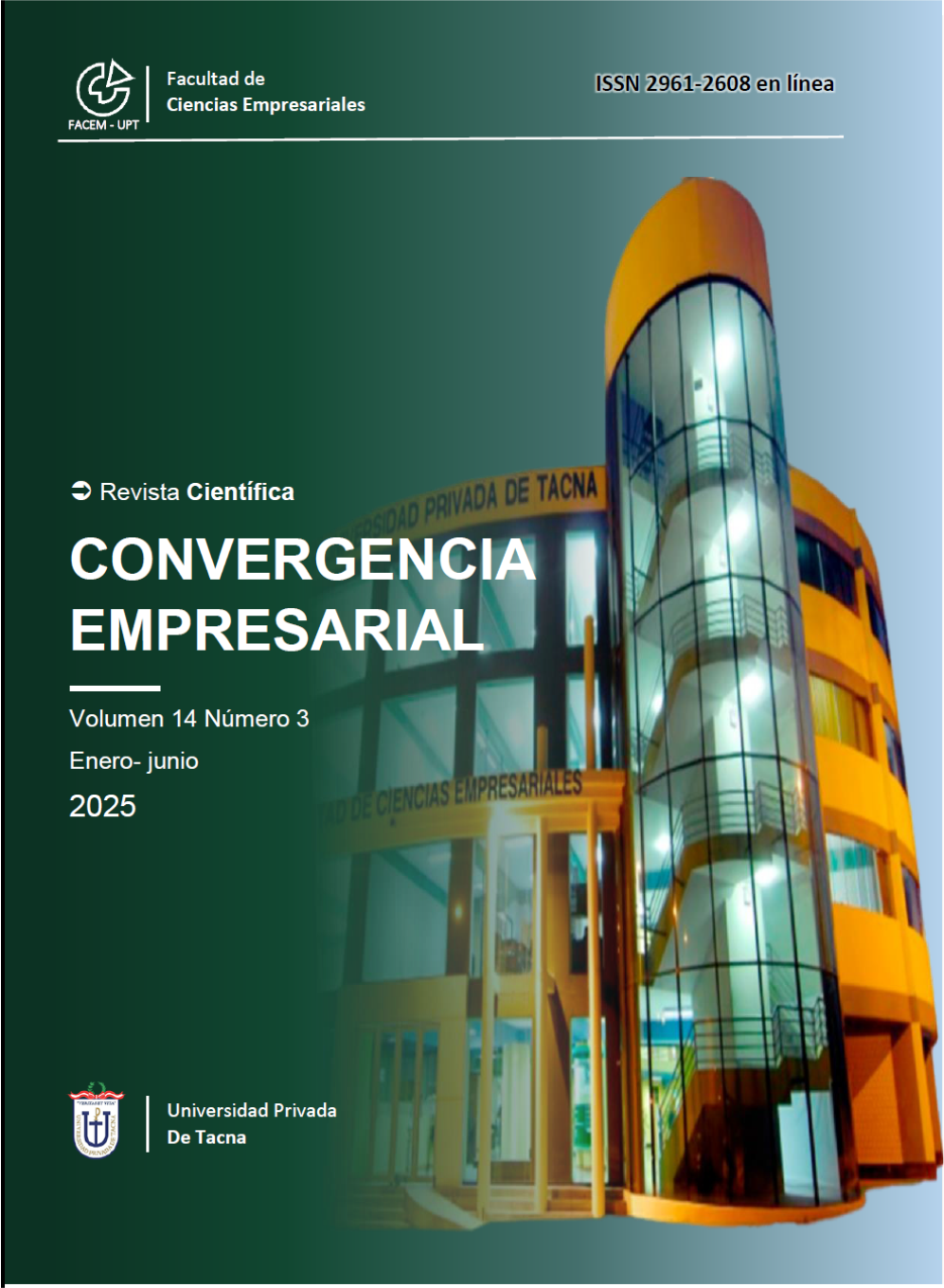Digital Taxation and its Impact on Tax Compliance in Micro and Small Enterprises
DOI:
https://doi.org/10.47796/ce.v14i01.1262Keywords:
Digital taxation, tax compliance, tax culture, MSEs, digital tax educationAbstract
This article analyzes the relationship between digital taxation and tax compliance in micro and small enterprises (MSEs) in the gastronomic sector in the city of Tacna, Peru. The research adopts a quantitative approach, with a non-experimental and crosssectional design. The sample consisted of students in the last cycle of the Accounting course at the Universidad Privada de Tacna, who participated in practical exercises on digital tax simulation platforms. A questionnaire was applied as a research instrument and the data were processed with SPSS software, using Pearson and Spearman correlation tests. The results show a positive and significant correlation between the dimensions of digital taxation (regulatory knowledge, platform management and practical application) and tax compliance levels (timeliness, accuracy and formal filing). In addition, it was identified that tax culture, understood as the set of attitudes, knowledge and values regarding tax compliance, also affects the willingness to formalize MSEs. It is concluded that tax training in digital environments not only improves technical skills, but also strengthens tax awareness and contributes to the business formalization process.
Downloads
Downloads
Published
Issue
Section
License
Copyright (c) 2025 René Vásquez Cota, Gerardo Renato Arias Váscones5, José Antonio Mejía Saira

This work is licensed under a Creative Commons Attribution 4.0 International License.


